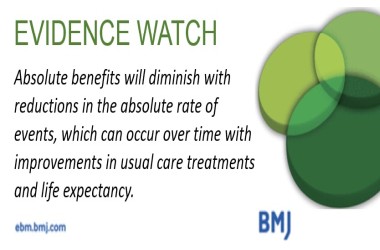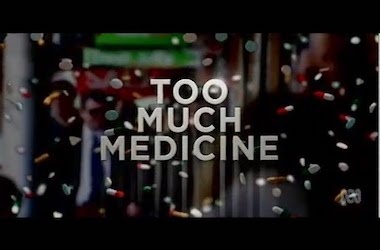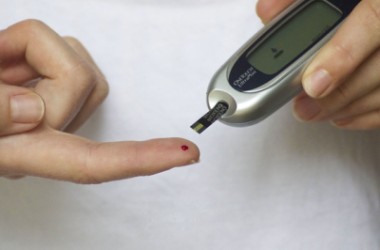Results of a recent review show a significant reduction in mortality with ICD. The effect, however, was weakened by the inclusion of the largest recent trial. Carl Heneghan, Editor in Chief One essential element of determining if a trial is sufficiently robust enough to believe the results is that the control group received standard […]
Evidence Watch: Implantable defibrillators might not affect death








